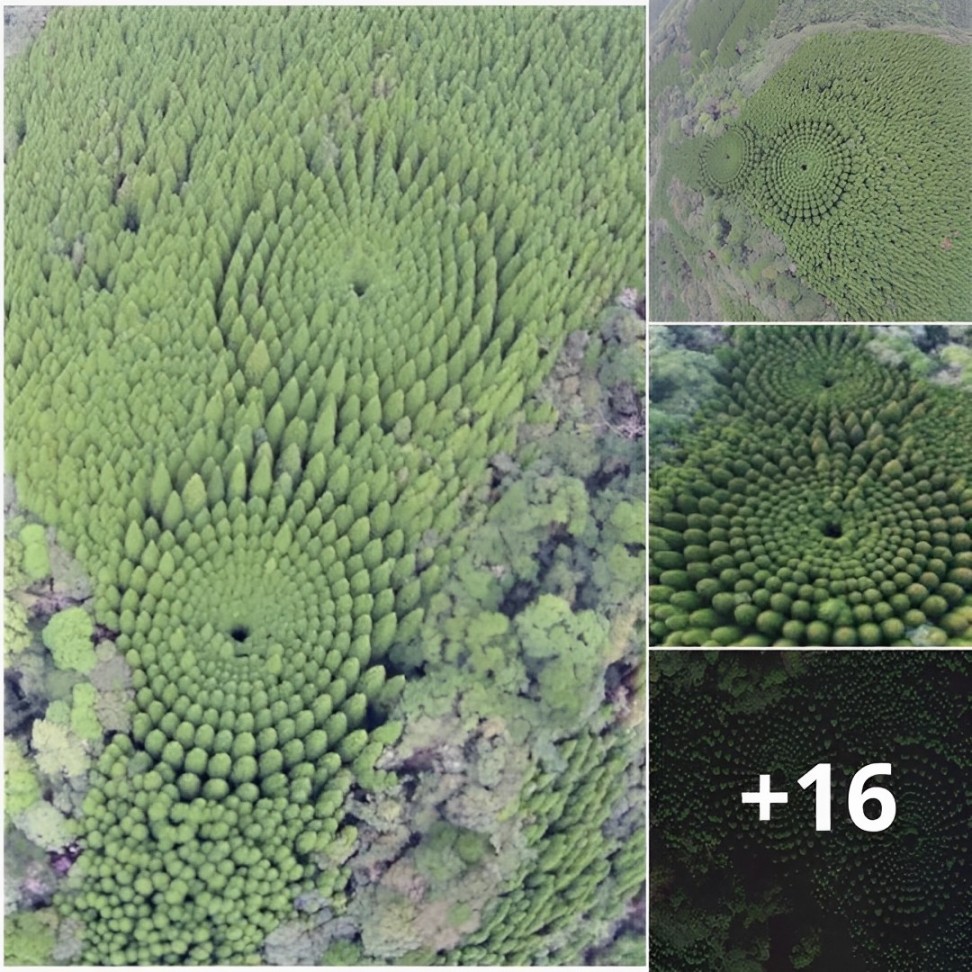A sky-watcher has snapped amazing photos of a rare cloud formation moving across the horizon like ocean waves.
Image credit: Rachel Gordon/Facebook
Rachel Gordon told BBC News she took the images from her parents’ back door in the US state of Wyoming. She then posted them to the Facebook page Wyoming through The Lens, from where they quickly went viral.

The phenomenon known as Kelvin-Helmholtz instability was observable on Tuesday over the Big Horn Mountains from the town of Sheridan, Wyoming.

The Kelvin-Helmholtz instability occurs when there is a difference in velocity between two non-miscible surfaces “moving” on top of each other. In the case of clouds, it occurs when a faster airflow moves above the rising air below. The natural formation is named after the scientists Lord Kelvin and Hermann von Helmholtz.
Rachel Gordon told BBC News she took the images from her parents’ back door in the US state of Wyoming. She then posted them to the Facebook page Wyoming through The Lens, from where they quickly went viral.

The phenomenon known as Kelvin-Helmholtz instability was observable on Tuesday over the Big Horn Mountains from the town of Sheridan, Wyoming.

The Kelvin-Helmholtz instability occurs when there is a difference in velocity between two non-miscible surfaces “moving” on top of each other. In the case of clouds, it occurs when a faster airflow moves above the rising air below. The natural formation is named after the scientists Lord Kelvin and Hermann von Helmholtz.

You can see more photos of the phenomenon here.
Such clouds are also known as fluctus clouds and are considered a possible inspiration for Van Gogh’s painting Starry Night, for example.

“Part of the beauty of Kelvin-Helmholtz clouds is that they really show up the fluidity of the atmosphere,” BBC Weather’s Matt Taylor explained.

“How, like waves in the ocean, the atmosphere moves and responds to the environment around it. The air is effectively rising up and tumbling over on itself.”





